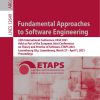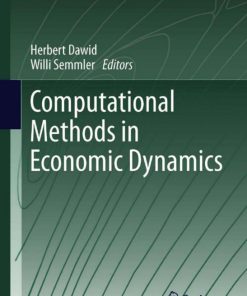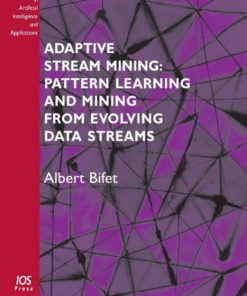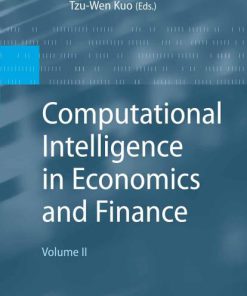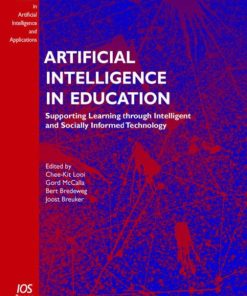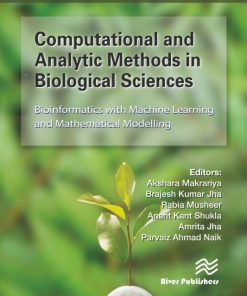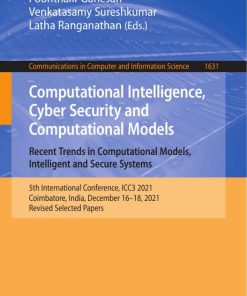Knowledge Free and Learning Based Methods in Intelligent Game Playing Studies in Computational Intelligence Volume 276 1st edition by Jacek Mandziuk 9783642116780, 3642116787
$50.00 Original price was: $50.00.$25.00Current price is: $25.00.
Authors:Jacek Mańdziuk , Tags:ISBN-13:; 9783642116773 , Author sort:Mańdziuk, Jacek , Languages:Languages:eng , Published:Published:Mar 2010 , Comments:Comments:Springer
Knowledge Free and Learning Based Methods in Intelligent Game Playing Studies in Computational Intelligence Volume 276 1st edition by Jacek Mandziuk – Ebook PDF Instant Download/Delivery. 9783642116780, 3642116787
Full download Knowledge Free and Learning Based Methods in Intelligent Game Playing Studies in Computational Intelligence Volume 276 1st edition after payment
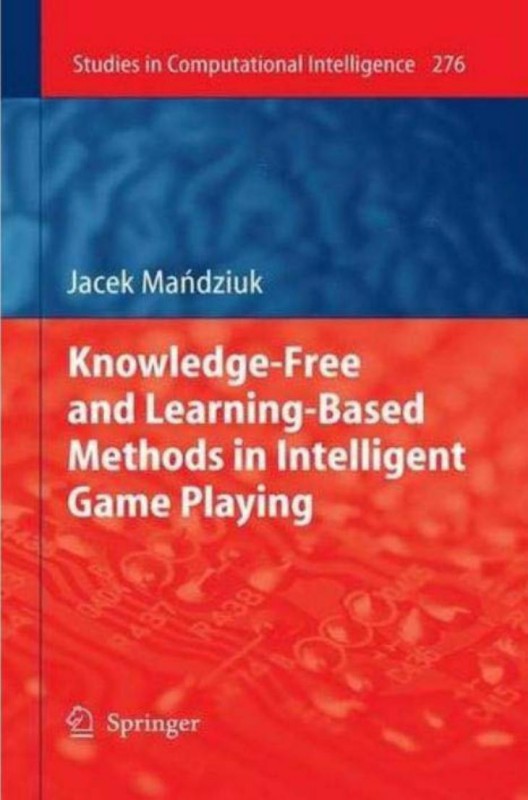
Product details:
ISBN 10: 3642116787
ISBN 13: 9783642116780
Author: Jacek Mandziuk
Knowledge Free and Learning Based Methods in Intelligent Game Playing Studies in Computational Intelligence Volume 276 1st Table of contents:
Part l AI Tools and State-of-the-Art Accomplishments in Mind Games
Foundations of AI and CI in Games. Claude Shannon’s Postulates
Basic AI Methods and Tools
Definitions and Notation
Game Tree Searching
Minimax Algorithm
Alpha-Beta Search
Heuristic Enhancements
SCOUT and Negascout (PVS)
MTD(f) and MTD-bi
Rollout Simulations and Selective Sampling
UCT Algorithm
State of the Art
…, Deep Blue, Fritz, Hydra, Rybka, …
Chinook – A Perfectly Playing Checkers Machine
Logistello – The Othello World Champion
Maven and Quackle – The Top Level Machine Scrabble Players
Poker and Bridge – Slightly behind Humans
Go – The Grand Challenge
Part ll CI Methods in Mind Games. Towards Human-Like Playing
An Overview of Computational Intelligence Methods
Artificial Neural Networks
Multilayer Perceptron
Neural Networks and Games
Evolutionary Methods
Evolution Strategies
Evolutionary Methods and Games
Reinforcement Learning
Temporal Difference Algorithm
Q-Learning Algorithm
Temporal Difference Learning in Games
Summary
CI in Games – Selected Approaches
TD-Gammon and Neurogammon
Anaconda vel Blondie24
TD-Learning Systems
KnightCap
TDL-Chinook
TD-GAC
Neuro-evolutionary Approaches
Blondie24-Like Approach to Othello
Blondie25
Moriarty and Miikkulainen’s Othello Player
Part lll An Overview of Challenges and Open Problems
Evaluation Function Learning
Game Representation
Local, Neighborhood-Based Representations
Invariants-Based Representations
Incremental Learning
Double Dummy Bridge Problem
Efficient TD Training
External Opponents vs. Self-playing
Self-playing
Training with External Opponents
Human vs. Artificial Trainers
Exploration-vs.-Exploitation Dilemma
TD-Learning Strategies
Learning on All Games
Learning Exclusively on Lost or Drawn Games
Learning on “No Blunders”
Learning with Focus on Strong Opponents
Successive Elimination of Weaker Opponents
Random Opponent
TD-GAC Experiment
Lessons from TD-GAC Experiment
The Choice of Training Strategy
Selection of Training Opponents
Training and Testing with Random Opponent
Oscillations in the Learning Process
Tuning and
TD-Learning vs. Evolution
Move Ranking and Search-Free Playing
Methods Relying on Historical Goodness of a Move
Pattern-Based Methods
Methods Using Predefined Game Features
Chess-Related Approaches
Modeling the Opponent and Handling the Uncertainty
Part IV Grand Challenges
Intuition
Perception in Chess
CHREST/CHUMP Model
SYLPH: A Pattern-Based Learning System
COPYCAT-Like Model
Other Approaches
Focused Minimax Search
Linguistic Geometry and Pioneer Project
Emergent Intuitive Playing
Perception in Go
fMRI Scanning
Summary
Creativity and Knowledge Discovery
Spontaneous Knowledge Discovery
TD-Gammon
DDBP Neural Network Solver
Blondie
Deliberate Knowledge Discovery
Morph
Zenith
Discovering Playing Strategies in Othello
Analysis of Archive Game Records
Summary
Multi-game Playing
SAL
Hoyle
METAGAMER
Morph II
General Game Playing Competition
Transfer of Knowledge
Summary
Summary and Perspectives
References
People also search of Knowledge Free and Learning Based Methods in Intelligent Game Playing Studies in Computational Intelligence Volume 276 1st :
knowledge-based learning
knowledge-based approach
knowledge-based models
knowledge frameworks

